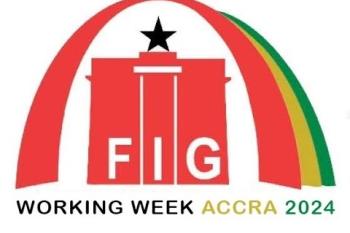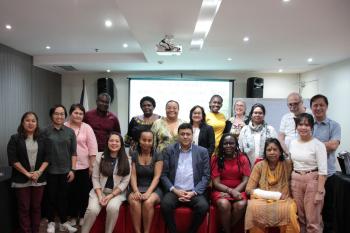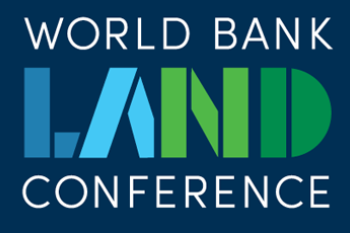GLTN adapts training materials on how to develop an inclusive land policy for the Somali region
UN-Habitat and the Global Land Tool Network (GLTN) have developed the “Training Material for an Executive Course on: How to Develop an Inclusive Land Policy. Adapted for the Somali Region” in response to the increasing demand for greater knowledge exchange and capacity in the field of land policy development and housing, land, and property rights in the Somali Region.
The aim of the training is to strengthen the capacity of Somali Government representatives, and of other relevant land actors, in developing, implementing, and monitoring land tenure security and inclusive land policy. Inclusive land policy processes are crucial to ensure the participation of all groups - including vulnerable groups - in decision making and land policy development.
Building on the continuum of land rights approach, an inclusive land policy provides that everyone has access to land and land services at a price they can afford; it gives security of tenure, at a minimum, to prevent forced evictions; and it aims at redressing injustices that force so many urban dwellers to live in unsuitable and underserviced environments.
A land policy is considered inclusive when it is politically acceptable, technically feasible, inclusive for all people and groups, and capable of being enforced. Based on the experiences gathered in other countries, particularly in Africa and Asia, this training course offers a way forward and outlines a process that can be adapted as appropriate to the situation and to the specific aspect of land policy that needs to be addressed.


